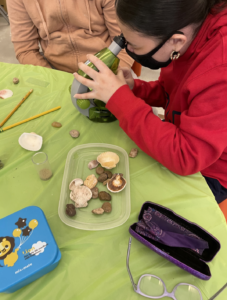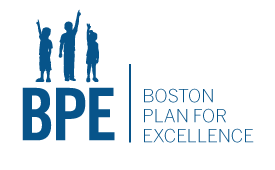Dudley Street scholars engage with STEM concepts in week-long camp
During April vacation week some of our 4th and 5th graders at Dudley Street Neighborhood Charter School attended our very first STEM Camp Week hosted at the Dearborn STEM Academy. This was the students first exposure to secondary education and to life as a Dearborn STEM student. The purpose of the camp was to strengthen students’ understanding of science concepts on the MCAS, but also to help them (and their families) explore BPE’s PreK-12 pathway and the opportunities available to Dearborn STEM students (grades 6-12).

The camp was designed by Dudley Street School’s STEAM teacher Cora Carey and science teacher Sonya James. Together, they reviewed the goals of the MCAS as well as questions from previous years of tests to create a robust curriculum for each grade level. Each day of the camp (five full days) students focused on a new theme. While goals were different for each grade, the team behind the camp thought it important that the grades interact together. Peer-to-peer learning was a big part of the camp’s foundation. 4th grade students could learn new ideas from 5th grade students and 5th grade students could be reminded of concepts from the previous year from the 4th grade students.
The students spent their week in Dearborn STEM’s Fab Lab, a place dedicated to fostering student learning, play and creativity. For many students, this camp was their first time seeing tech like 3D printers, which allowed for a a sneak peak at the technology before they officially enter 6th grade. “Dearborn STEM will be more rewarding when they get there and know how to access the equipment” says Ms. Carey.
For many of the students involved in the Spring Break camp, this was their first time since the pandemic in a fully in-person school setting. Ms. Carey describes the kids as having great momentum on the first day and sustaining it throughout the week. “This was the best group of 4th and 5th graders I have ever seen. They were ready to learn. Even though some of their parents chose this for them, you’d wouldn’t have thought so. All the kids seemed like they were actively choosing to be there on their April vacation — and learning!”
Despite some of the activities being messy and an opportunity for students to lose focus, they were able to stay on task and complete engineering challenges through problem solving and teamwork. Projects and activities included building cardboard pinball machines, building circuits, dissecting owl pellets and weathering rocks. These activities reinforced students’ learning of ecosystems and food chains, erosion, energy transfer and basic design.
Another interesting piece that made the camp unique was that Ms. Carey’s classroom was totally screen-free! No use of the internet, no Zoom meetings, no digital materials and no devices. Students learned concepts completely hands-on. Teachers were nervous how students might react to a screen-free week after being in a virtual classroom for the last 12 months, but students adjusted well and enjoyed speaking and spending time with their peers and teachers in-person. Many even suggested a longer day in their post-camp surveys.



Leave a Reply
Want to join the discussion?Feel free to contribute!